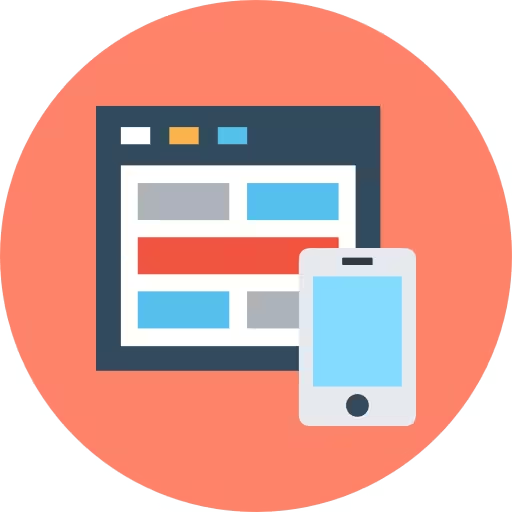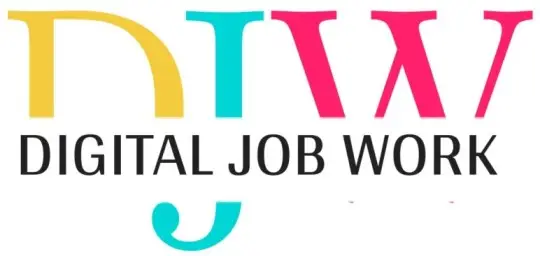The decision between building an informative website or an e-commerce website depends on the manufacturer’s business goals, target audience, and capabilities. Here’s a detailed comparison to help you decide which type suits your needs better:
1. Informative Website
An informative or catalog website serves as a digital brochure, providing information about the company’s products, services, and contact details without direct selling features.
Best for:
- B2B manufacturers.
- High-ticket or customized products that require consultation or bulk ordering.
- Products with complex specifications (e.g., machinery, components).
Key Features:
- Product catalog with detailed specifications.
- Company profile, vision, mission, and history.
- Case studies or project portfolios.
- Inquiry forms, email/phone contact.
- Downloadable PDFs (brochures, technical sheets, manuals).
Benefits:
- Lead Generation: Visitors can contact the company for custom quotes or inquiries.
- Trust Building: Good for showcasing expertise, experience, and case studies.
- Low Maintenance: Less frequent updates compared to e-commerce platforms.
- Cost-Effective: Cheaper to build and maintain since it doesn’t require payment gateways or order management.
Challenges:
- Misses out on direct sales opportunities.
- Relies heavily on offline sales and marketing teams to close deals.
2. E-Commerce Website
An e-commerce website allows customers to browse and purchase products directly online.
Best for:
- Manufacturers dealing with B2C (Business-to-Consumer) or D2C (Direct-to-Consumer) models.
- Products that are standardized (e.g., fashion goods, home decor, packaging materials).
- Bulk order processing or distributors that can benefit from online order management.
Key Features:
- Product listings with pricing, descriptions, and availability.
- Shopping cart and checkout functionality.
- Payment gateway integration (credit cards, UPI, wallets).
- Order tracking and customer management system.
- Discounts, promotions, and subscription models.
Benefits:
- Direct Sales Channel: Immediate revenue generation by selling online.
- 24/7 Availability: Customers can order at any time.
- Global Reach: You can easily sell across borders.
- Data Insights: Track customer behavior and sales performance in real-time.
- Brand Control: You own the customer relationship without relying on third-party marketplaces.
Challenges:
- Initial Investment: Higher cost to develop with payment and logistics integrations.
- Ongoing Maintenance: Regular updates for products, orders, and customer queries.
- Marketing Dependency: Requires consistent SEO, social media marketing, and paid campaigns for visibility.
Which One Should You Choose?
- If your goal is to generate leads for custom orders, partnerships, or bulk sales → Informative Website.
- If you want to sell directly to consumers or distributors online and reduce dependency on offline channels → E-commerce Website.
- Hybrid Approach: Some manufacturers combine both. They showcase products through an informative catalog website with an option to order or inquire for specific items. Alternatively, an e-commerce section can be added only for select products.
Recommendation:
- B2B Manufacturers: Informative website or a catalog site with lead forms.
- B2C/D2C Manufacturers: E-commerce website for better reach and online sales.
Manufacturer ke lie kis prakaar kee Website adhik laabh daayak hai, Informative ya E Commerce
1. Informative Website
Ek informative ya catalog website ek digital brochure ki tarah kaam karti hai, jo company ke products, services aur contact details ka overview provide karti hai bina direct selling ke.
Best for:
- B2B manufacturers ke liye useful hai.
- Custom ya high-ticket products ke liye (e.g., complex bathroom fittings ya kitchen taps).
- Jab product consultation ya bulk order ki zarurat ho.
Key Features:
- Product catalog with detailed specifications.
- Company profile, mission, aur project portfolio.
- Case studies aur customer testimonials.
- Inquiry form aur direct contact details (email ya phone).
- PDF brochures aur product sheets download option.
Benefits:
- Lead generation: Customers bulk orders ke liye inquiries kar sakte hain.
- Trust building: Company expertise aur projects ko showcase karna easy hota hai.
- Low maintenance: E-commerce platform se kam updates aur efforts chahiye.
- Cost-effective: Cheaper hai kyunki payment gateway aur order management ki zarurat nahi.
Challenges:
- Direct sales ka option nahi hota.
- Company ko offline sales team pe depend karna padta hai deals close karne ke liye.
2. E-commerce Website
Ek e-commerce website customers ko directly products purchase karne ka option deti hai.
Best for:
- B2C ya D2C manufacturers ke liye ideal hai.
- Standardized products ke liye (e.g., kitchen taps, bathroom fittings).
- Jab order management streamline karna ho ya distributors ko serve karna ho.
Key Features:
- Product listing ke sath price, availability aur specifications.
- Shopping cart aur checkout functionality.
- Payment gateway integration (cards, UPI, wallets).
- Discounts, offers aur order tracking system.
Benefits:
- Direct sales channel: Online products sell kar ke immediate revenue generate karna.
- 24/7 Availability: Website hamesha active hoti hai.
- Global reach: Borders ke across sell karna easy hota hai.
- Insights: Customer behavior aur sales ko track kar sakte hain.
Challenges:
- Initial investment: Website develop karna thoda costly ho sakta hai.
- Ongoing maintenance: Products aur customer queries regularly update karni padti hain.
- Marketing dependency: SEO aur social media marketing campaigns chahiye for visibility.
Which One Should You Choose?
- Agar goal hai leads generate karna for custom orders ya partnerships → Informative Website.
- Agar direct customers ko online sell karna chahte hain → E-commerce Website.
Hybrid Approach: Kuch manufacturers catalog ke sath inquiry forms offer karte hain aur kuch products ke liye direct e-commerce option dete hain.





